Rise in Parents Likely to Use Chatbot Pediatrician Diagnoses
We Asked
How likely would you be to chat online with an artificial intelligence and speech recognition-powered chatbot in order to diagnose your sick child, knowing the chatbot’s recommended course of action will be determined by comparing the symptoms you communicate against a database of diseases, patient history and patient circumstances?
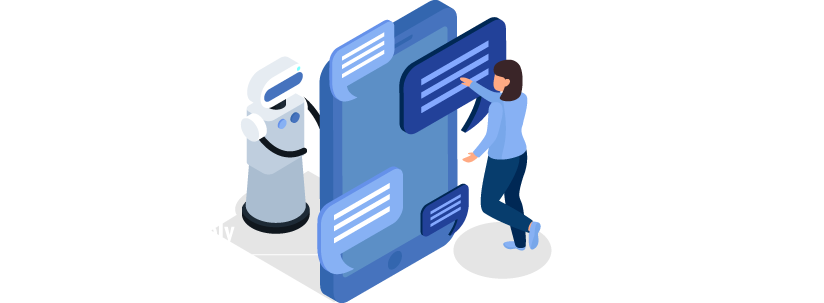
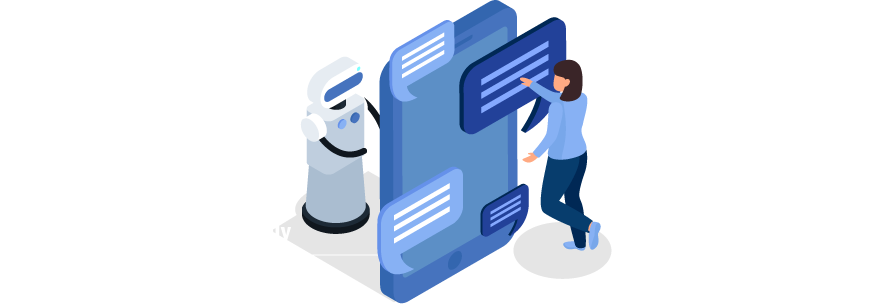
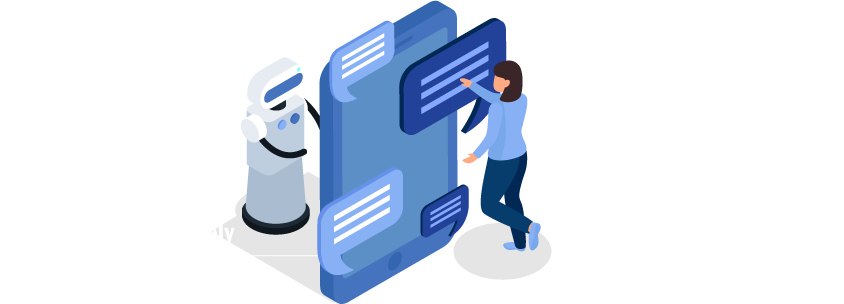
Millennial Parents Said
People are conversing with chatbots that use AI to compare symptoms against a database of diseases, patient history and circumstances, then recommend a course of action. For the second year in a row, IEEE asked Millennial parents across the globe how likely they would be to use an AI and speech recognition-powered chatbot to diagnose their sick Generation Alpha child.
- More than nine out of 10 parents in China (95%) say they are likely to use an AI chatbot to diagnose their sick child in the future, up from 85% in 2018, including more than half (53%) saying they are “extremely” likely. Likewise, in India, 87% say they are likely to use an AI chatbot for their child’s diagnosis in 2019 with 60% saying they are “extremely” likely, up significantly from 2018 (38%).
- In the U.K., parents are more likely in 2019 (53%) than in 2018 (50%) to use this technology to diagnose their child, while U.S. parents continue not to be very likely (51 percent in 2019 as compared to 52% in 2018) to use this technology to diagnose their child.
Read more about this IEEE Impact Creator“The benefit of using a chatbot is that a parent can get ideas about what is wrong with their child and suggestions on ways to treat them without having to wait to see a doctor or other health provider. If the chatbot can then help to refer parents with more seriously sick children to professional help it can be an important element in future health care.”